Zinc and ADHD: Children’s Resource Guide
Zinc and ADHD: Children’s Resource Guide
Sent by JUDY CHO | April 9, 2022
Hope you had a good week and I hope to see you later today!
When I was young, my dream job was to be a pediatrician but when I was a pre-med student at Cal, I realized it wasn’t my thing. (I’m so glad I didn’t go that route, what if I was working for pharma?)
When I became a nutritional therapist, I wanted to work with children. But I realized I needed to work with parents to help things trickle down to the children.
My heart is always with our children, and I will always go the extra mile to help the younger generation. Here are some free resources:
- Nutrient-dense eating for kids (mini ebook)
- Sample kids meal plan for snack and lunch (handout)
- Baby’s, Kids First Foods and Pregnancy Foods (mini ebook)
- Packing school lunch ideas
- Why breastmilk is best
- Making meat a priority for kids
- Ditch the sunscreen
- Food allergies and children
- Covid vaccine and children
- Generations of school lunches
- Mental health and children (with the pandemic)
- Meat-based snacks
- Raw vs. pasteurized milk
- Feeding kids full-fat milk
- Saying no to juice
- Being grain-free
- Risk of hand sanitizers
- Immune support foods
- Is keto safe for kids?
I also share a lot of my parenting books on my Amazon book page (scroll to the bottom of the book list).
Pro tip: if you’re an avid reader or audiobook consumer, check out your local library. You can access a lot for free.
STUDY OF THE WEEK — Zinc and ADHD
Long ago, I read books on ADHD, ADD, and the role of the pharmaceutical companies in pushing the diagnosis. One of the books was ADHD Nation by Alan Schwarz. It was chilling.
“In this powerful, necessary book, Alan Schwarz exposes the dirty secrets of the growing ADHD epidemic” (Kirkus Reviews, starred review), including how the father of ADHD, Dr. Keith Conners, spent fifty years advocating drugs like Ritalin before realizing his role in what he now calls “a national disaster of dangerous proportions”; a troubled young girl and a studious teenage boy get entangled in the growing ADHD machine and take medications that backfire horribly; and big Pharma egregiously over-promotes the disorder and earns billions from the mishandling of children (and now adults).
While demonstrating that ADHD is real and can be medicated when appropriate, Schwarz sounds a long-overdue alarm and urges America to address this growing national health crisis.” (New York magazine)
Ritalin was originally made to calm housewives and then recommended for children that acted up in classrooms. Maybe our children were never meant to sit for 8 hours a day.
Many families use amphetamines during the day and mountain dew or coffee at night to calm their children. A lot of the diagnosis comes from the teachers and is then confirmed by psychiatrists.
What if we worked on the diet first?
Two studies show that zinc and iron may help (but not fully conclusive) with Attention-Deficit/Hyperactivity Disorders. The first study from 2011, “Zinc for Attention-Deficit/Hyperactivity Disorder: Placebo-Controlled Double-Blind Pilot Trial Alone and Combined with Amphetamine” demonstrated that there were some benefits to supplementing zinc.
It’s not perfect but they also noted that there were a lot of uncontrolled variables, such as diet and preexisting conditions.
The second systematic review in 2021: “The Role of Iron and Zinc in the Treatment of ADHD among Children and Adolescents: A Systematic Review of Randomized Clinical Trials” showed some promises with zinc but that additional research is needed.
What if we tried a meat-based diet with additional zinc supplementation?
Most of the neurotransmitters will properly be fed with adequate amino acids (assuming they are properly utilized and absorbed by the body) and fatty acids (cholesterol-rich foods). You can read my microblog on the Unhappy gut = Unhappy brain.
Not everything needs to be medicated, especially as the first defense. Sometimes children want to be dancers or a lover of arts. They probably aren’t meant to sit in classrooms.
There are risks with amphetamines:
- Does Childhood Treatment of ADHD With Stimulant Medication Affect Substance Abuse in Adulthood? (some do and some don’t)
- Is ADHD Medication Safe If You Have a History of Substance Abuse?
- The book aforementioned is the best to read
It’s tricky as people struggling with ADHD struggle with anxiety and depression, and may generally have a higher susceptibility to substance abuse. This is also one of the arguments used for the relative safety of these amphetamine medications.
There’s no easy answer but always start with the gut and nutrition. Always.
SOCIAL MEDIA HIGHLIGHT OF THE WEEK
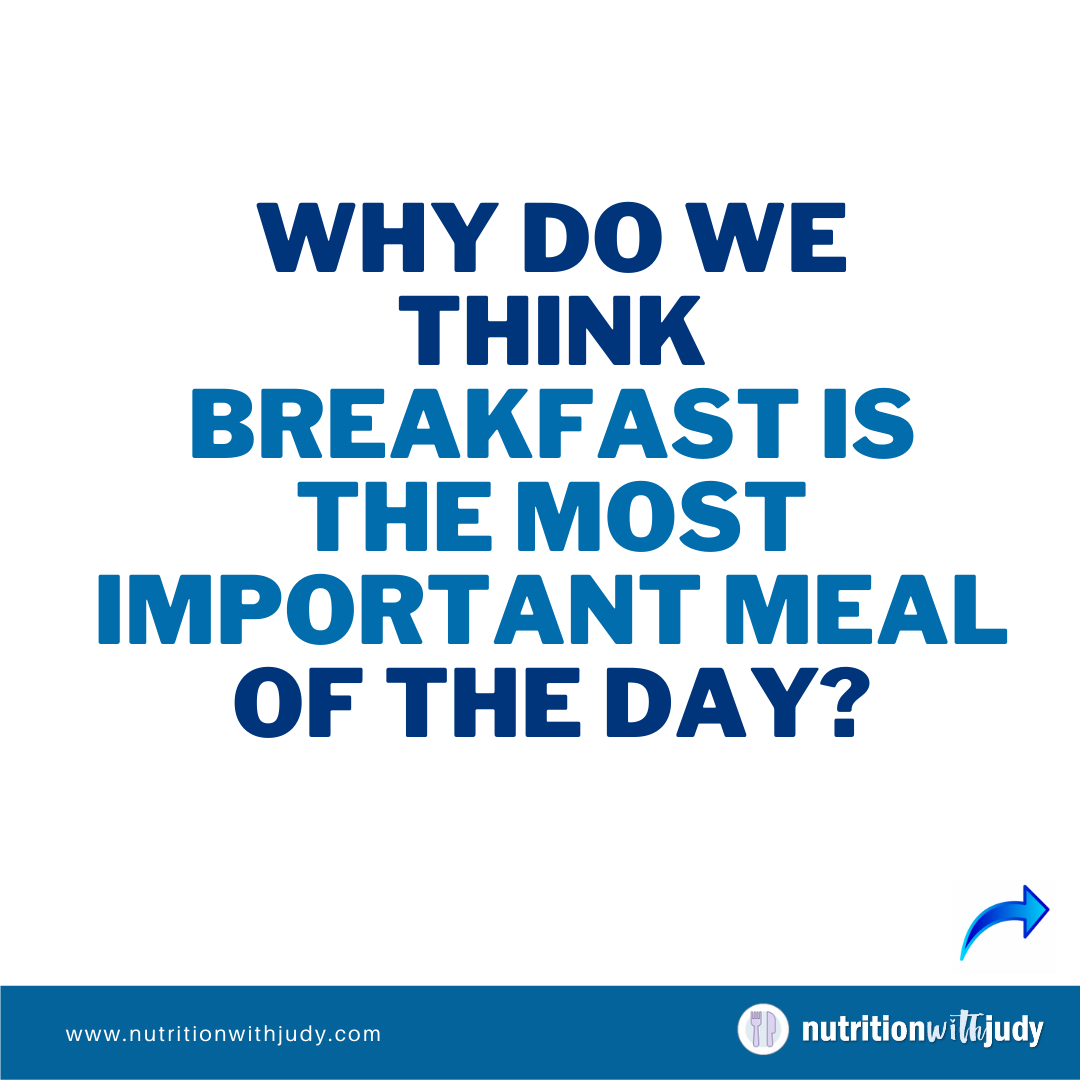

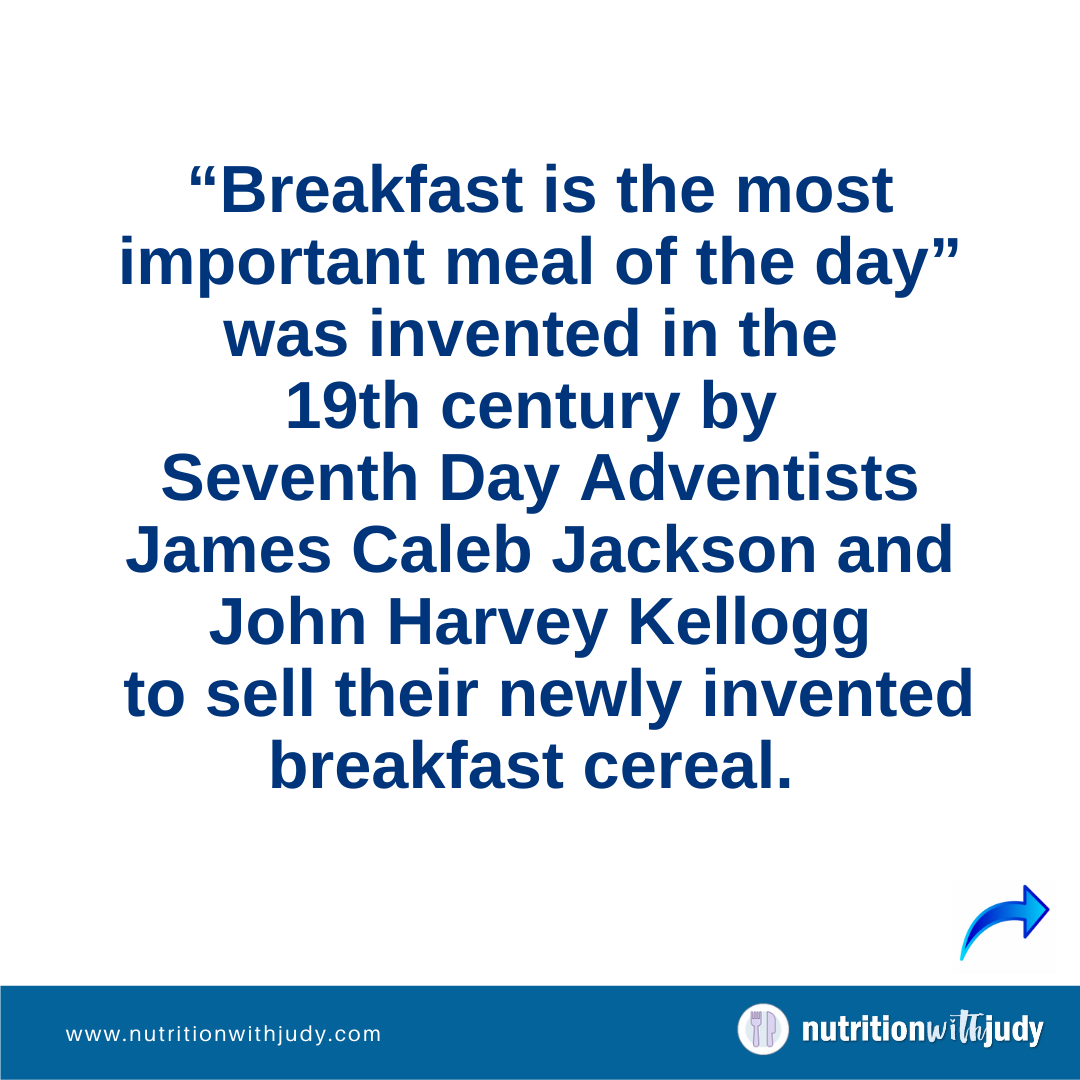

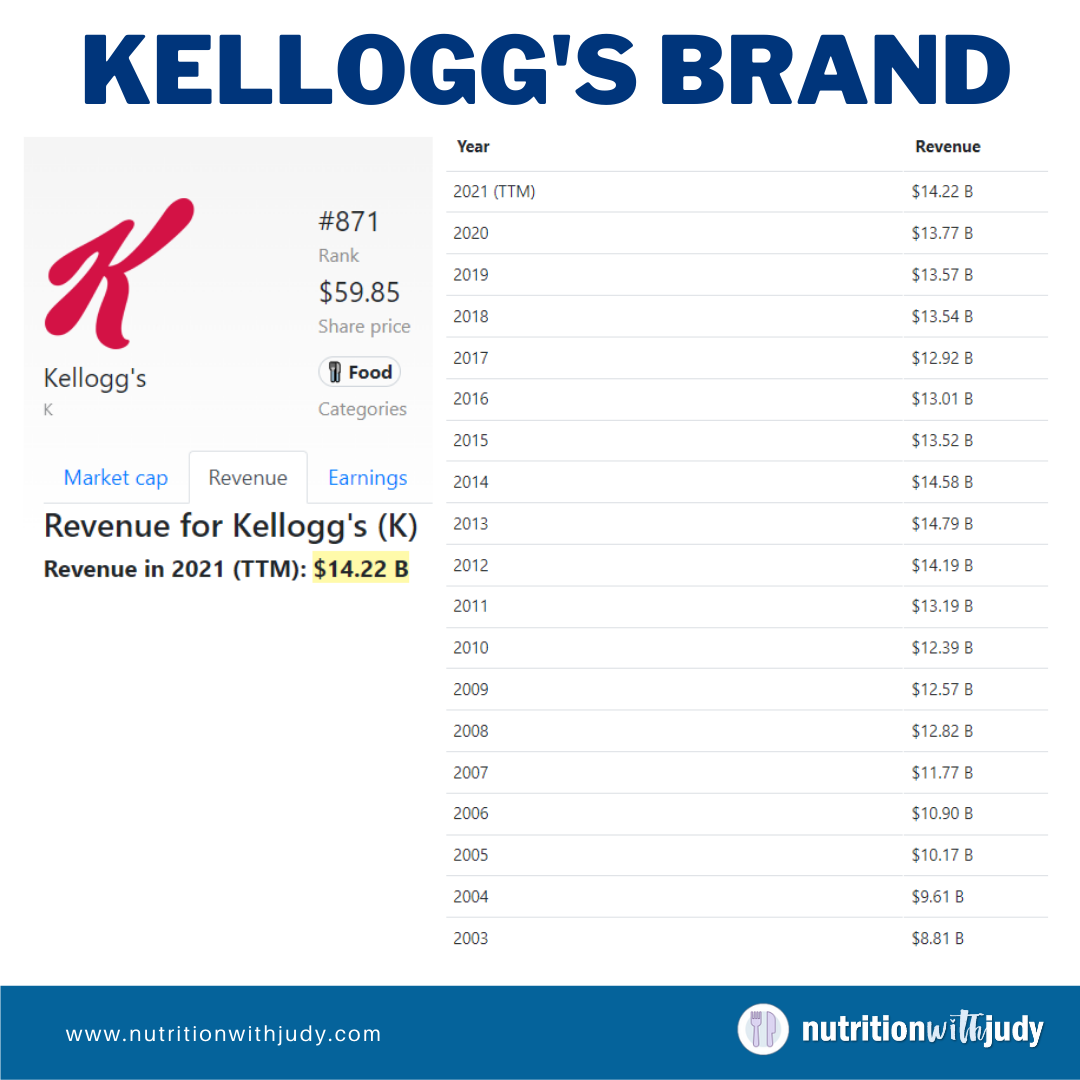

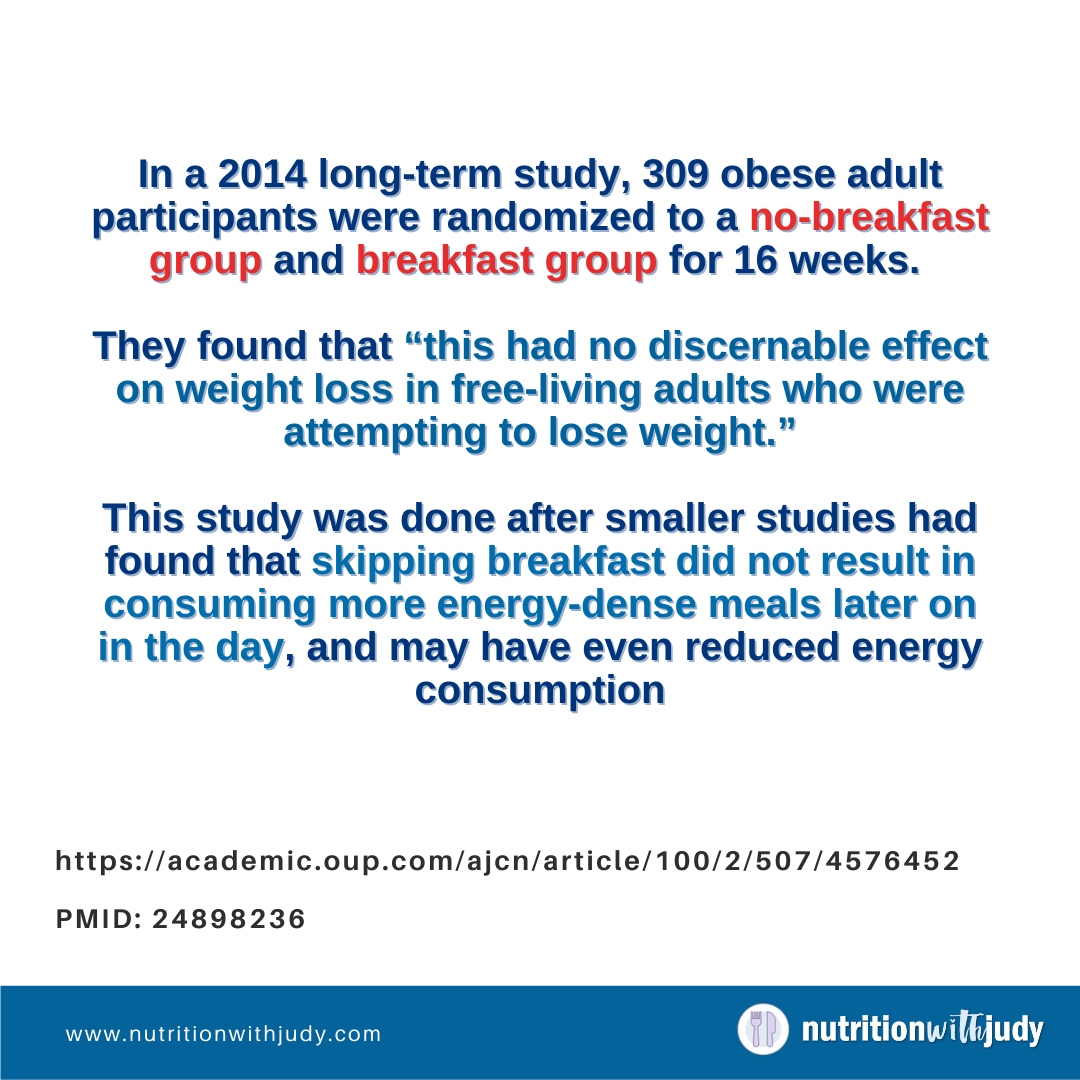

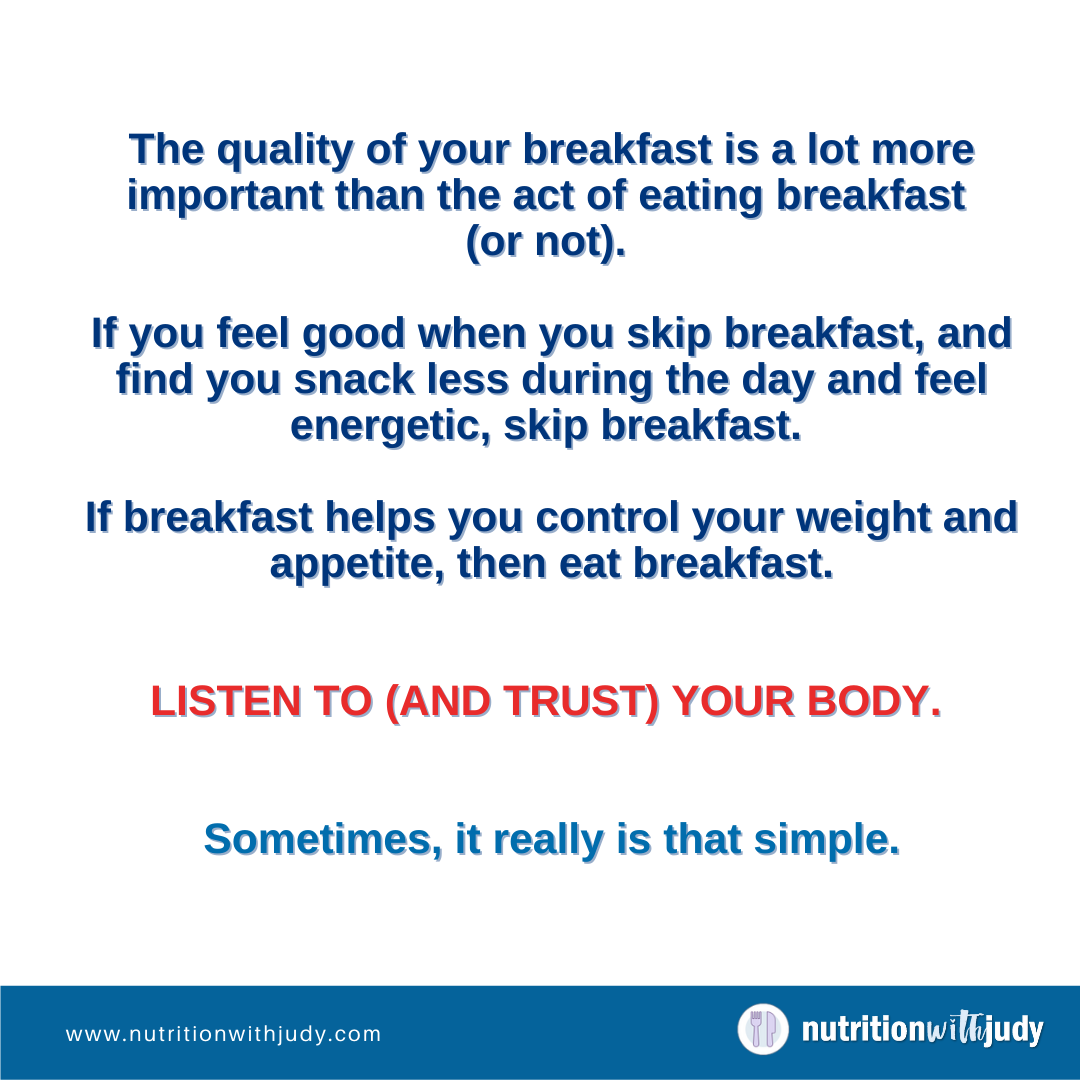

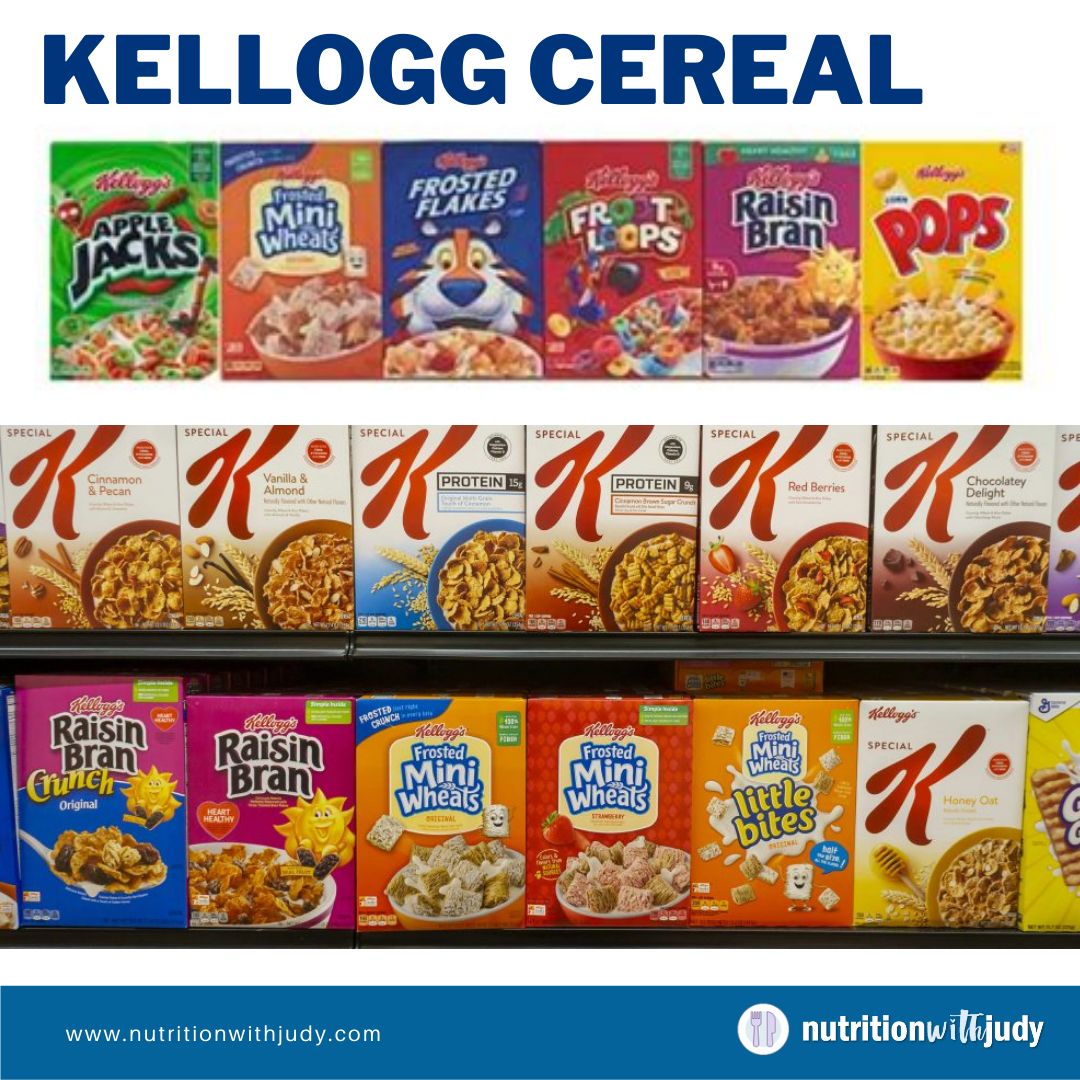

WHY do we think breakfast is the most important meal of the day?
❓Is it really because the body NEEDS fuel as soon as we wake up?
No.
📖Long ago, breakfast wasn’t considered an important meal and most people ate whatever was leftover from dinner before.
🥣“Breakfast is the most important meal of the day” was invented in the 19th century by Seventh Day Adventists James Caleb Jackson and John Harvey Kellogg to sell their newly invented breakfast cereal.
🥓Then the bacon food industry added on that eating protein was just as important in the morning (I’m not mad at that!)
‼️In 18 years, Kellogg’s revenue has gone from $8.81 Billion to $14.22 Billion.
💰Cereal is big business.
❓So, do we really need breakfast?
I’ve seen hormone advocates recommend breakfast.
💡It really depends on the individual self.
📖In a 2014 long-term study, 309 obese adult participants were randomized to a no-breakfast group and breakfast group for 16 weeks.
📖The study found that “this had no discernable effect on weight loss in free-living adults who were attempting to lose weight.” (PMID: 24898236)
📚This study was done after smaller studies had found that skipping breakfast did not result in consuming more energy-dense meals later on in the day, and may have even reduced energy consumption.
❗️The quality of your breakfast is a lot more important than the act of eating breakfast (or not).
❗️If you feel good when you skip breakfast, and find you snack less during the day and feel energetic, skip breakfast. If breakfast helps you control your weight and appetite, then eat breakfast.
🤸🏻♂️Listen to (and trust) your body.
⛑Sometimes, it really is that simple.
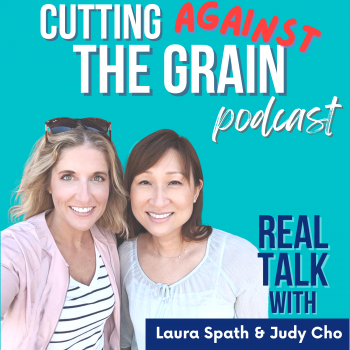

CATG PODCAST: Ep 54. GMO Cattle, Egg Yolks, Mixing Carbs and Fat
In this week’s Cutting Against the Grain episode, Laura and I talk about GMO cattle and answer your community questions.
- FDA approves GMO Cattle
- GMO Salmon and Pork
- The risk of GMO cattle for the immune-sensitive
- The color of egg yolks
- Glyphosate
- How to transition from plant-based to carnivore: identity crisis
- How struggles are a part of life
- Gastric bypass and carnivore
- A1C and Carnivore
- Mixing carbs and fat
- Carbs in morning or evening
PODCAST SPONSOR: Nutrisense CGM
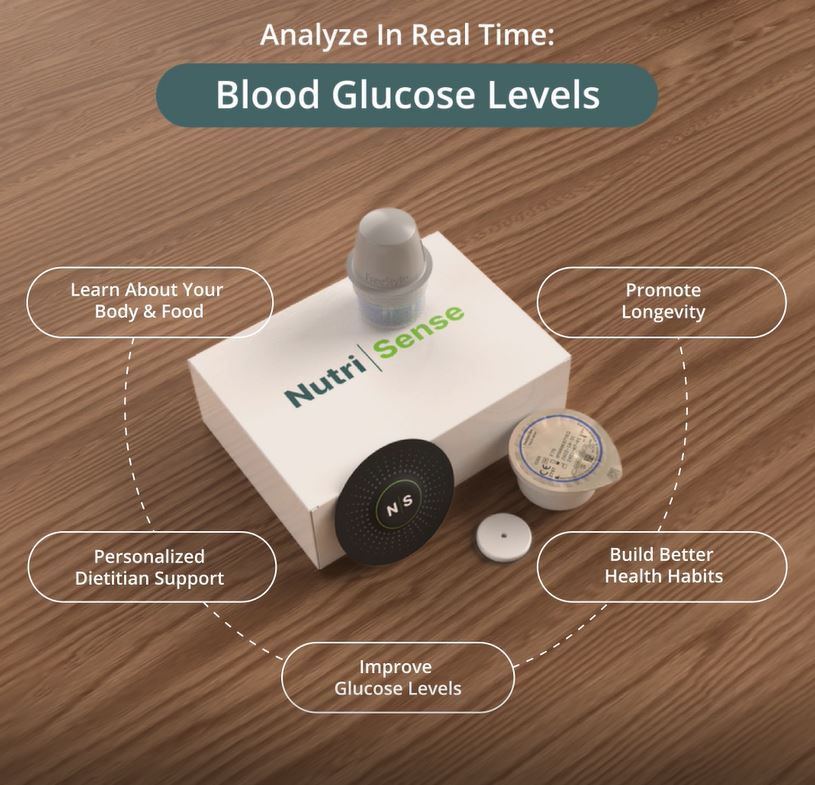

Nutrisense is a continuous glucose monitoring or CGM program, where you can see what your blood sugar is doing 24 hours a day. Most chronic illness stems from the inability to manage blood glucose levels which then impacts insulin levels.
I like the temporary use of CGMs for two reasons:
- If you have low energy on a meat-based ketogenic diet, you can see how your body is responding to different foods, sleep, stress and exercise. I also like CGMs and one of the main reasons my clients try them is to figure out why they are waking up multiple times a night. Usually, when blood sugar drops too low and the adrenals compensate to increase blood sugar, most people will wake up. It’s pretty fascinating to see this on the CGM.
- The second reason to get a CGM is to use it as a motivational tool. When you see your body’s blood glucose react to sugary foods, for some people, it’s motivation to choose better food options.
I used to think that CGMs weren’t ideal because of the Bluetooth-like feature (it’s Near Field Communication, NFC technology) but I think the short-term benefits are powerful. I’ve seen it in my loved ones and my clients.
Whether you temporarily use a CGM to troubleshoot diet and lifestyle or as a habit tracker, Nutrisense’s CGM program can help you get to better health.
Each CGM lasts 14 days, and each subscription plan includes one month of free support from a Registered Dietitian. Nutrisense comes with an app that helps you track your data, understand your glucose trends, log meals, and much more.
I don’t believe people need CGMs long-term but it’s a great way to troubleshoot your health and change your habits.
Make sure to use “NWJ25” at nutrisense.io/judy to get $25 off your order today.
NwJ PODCAST: Dangers of Mixing Carbs and Fat | Randle Cycle Discussion — Bart Kay
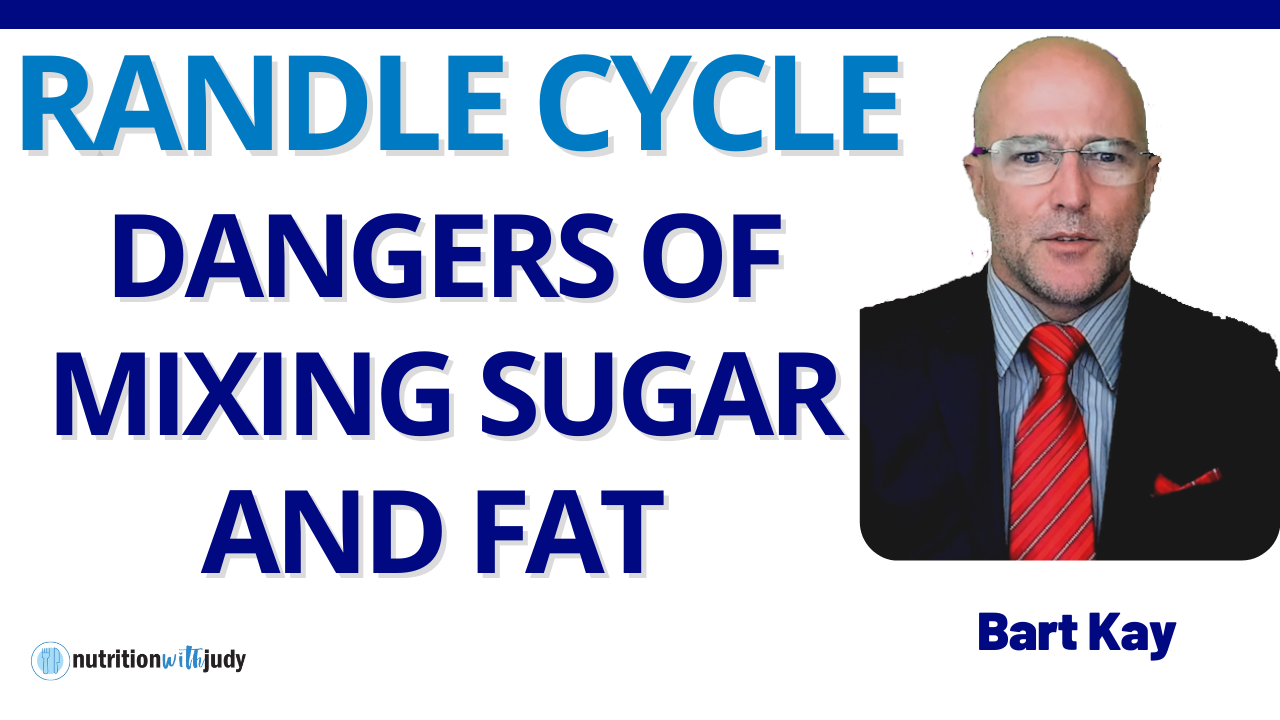

I’m excited to be sitting down with Bart Kay! In our conversation, we talked about the Randle cycle and his recommendations for people on the carnivore diet.
- About the Randle cycle
- Glucose as the predominant source diagram
- Rich in carbohydrates
- Krebs cycle
- Activating the Randle cycle
- Meal rich in carbohydrates and fats
- Fat consumption on a carnivore diet
- Thoughts on organ meats
- Adding fruits to the meat-only diet
- Recommendation on the carnivore diet
- Amount of fruit to eat
- Where to find Bart Kay
You can listen here and watch here.
NwJ INSIDER TIPS
I’ve been consuming a lot of content on how to be a decent speaker. Who knows about toilet roll breathing?)
I hate public speaking, but my content isn’t about me. So I am going to make my talk at KetoCon as best as it can be. It seems that a lot of carnivores are joining KetoCon so I’m pretty excited to see everyone. I’m a natural extravert (ENFJ) and get energy from genuine connection and community.
While my comfort zone is in writing, all vehicles of communication are critical for learning. And one of the questions I ask my clients is “how do you best learn?”
Most of them say videos and podcasts. It makes sense. When we see videos of others, we have a lot of non-verbal cues that we connect with and a lot more sensory outputs that help us stay interested.
Over 90% of human communication is non-verbal.
Humans need connection and need to feel connected. It is not a want but a need. This is why social media and being isolated have been devastating to our well-being.
In the “Social Isolation and Mental Health: The Role of Nondirective and Directive Social Support,” paper, “levels of anxiety and depression were significantly higher among socially isolated people. When social support was factored in, the relationship between social isolation and anxiety was reduced, as was the relationship between social isolation and depression, suggesting that social support mediates these relationships.”
Lots of fear comes with doing things outside of our comfort zone (I’m trying toilet roll breathing!) and meeting new community can be one of them: “what if I make no friends, what if I’m judged that I’m not _________ enough?”
Let it go. You have a lot to gain and a little to lose. If you’re anxious, you’re likely not alone.
If you can make it out to the Austin meat up, come say hello. If you’re on the fence about it all, take the plunge and come out. If you are scared, just come grab my hand, and I’ll understand. I promise you aren’t alone.
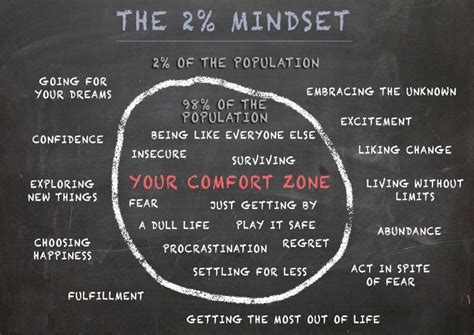

Outside of our comfort zone, there is so much we can gain. It’s not easy. But I promise you can grab my hand. I also may just be holding a toilet paper roll.
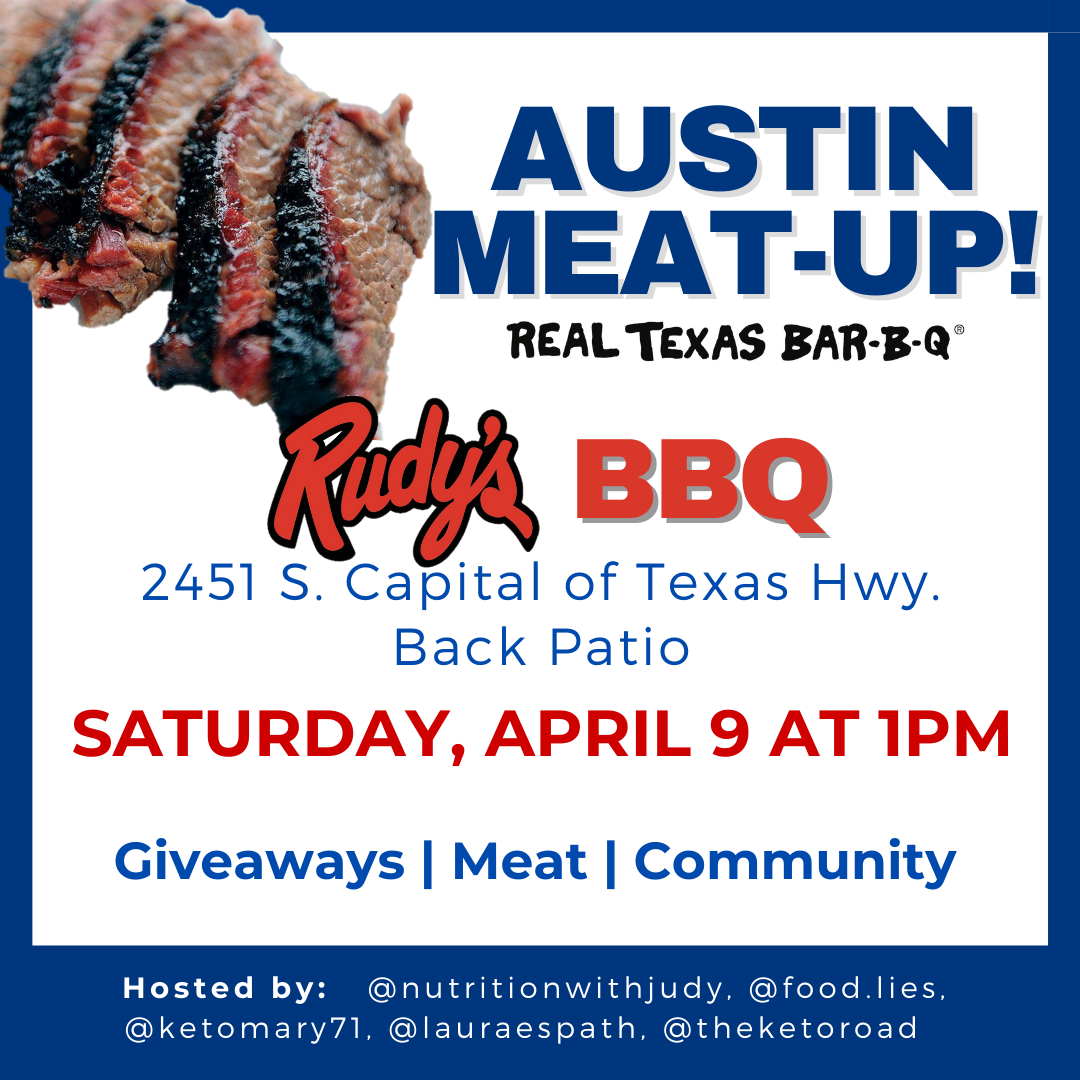

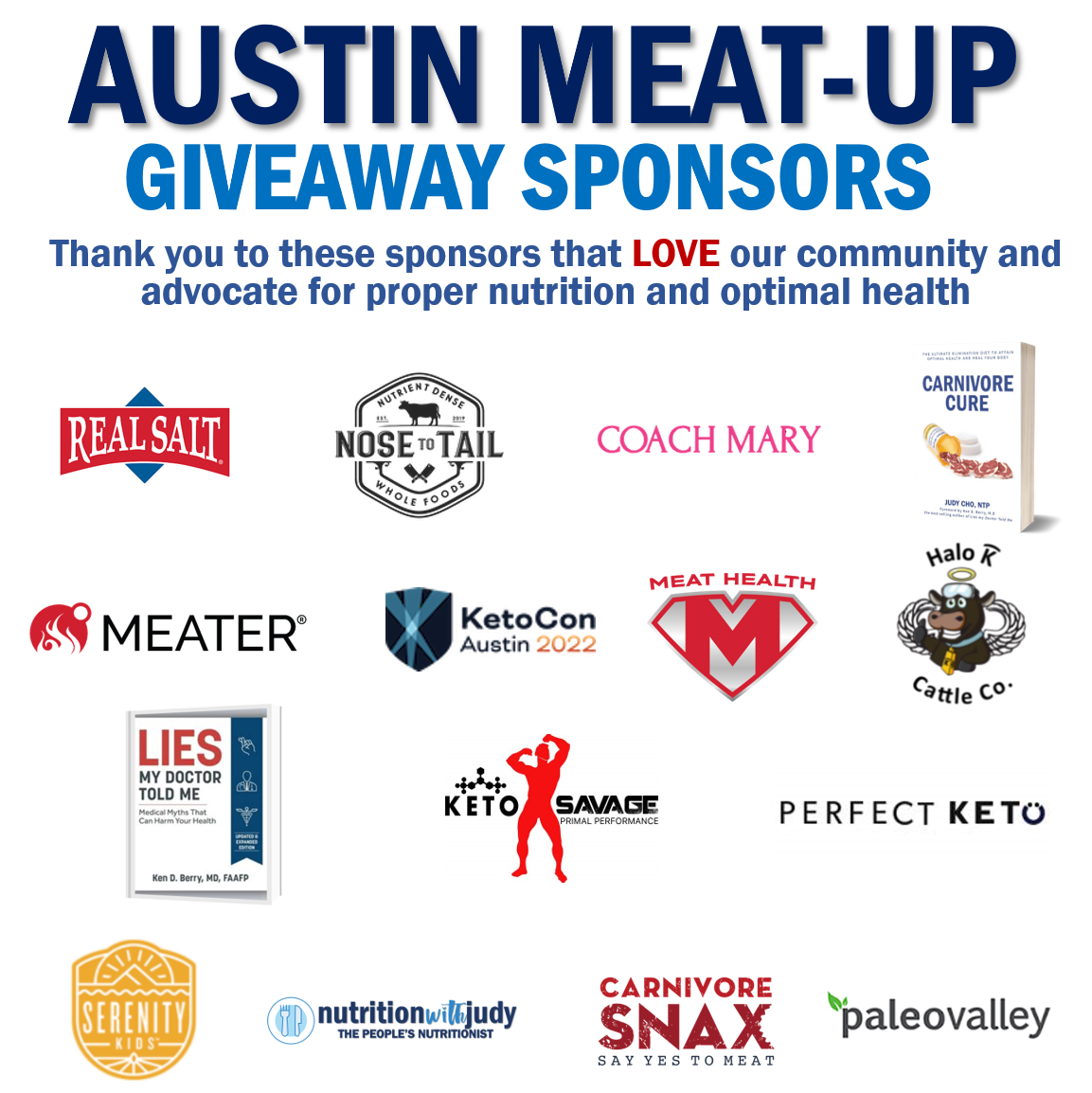

Thank you for being part of this community. ♥️
Make sure to share this newsletter with your friends and loved ones as all freebies, goodies, and evidence-based research is shared here first.
with ♥️ and hope for healing,
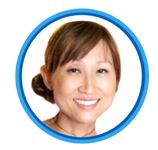



DISCLAIMER:
While I am a nutritional therapy practitioner and provide nutritional support, I am not providing medical advice. Any information provided in regards to nutritional therapy should not be considered medical advice or treatment. Always consult your primary care physician or medical team.

